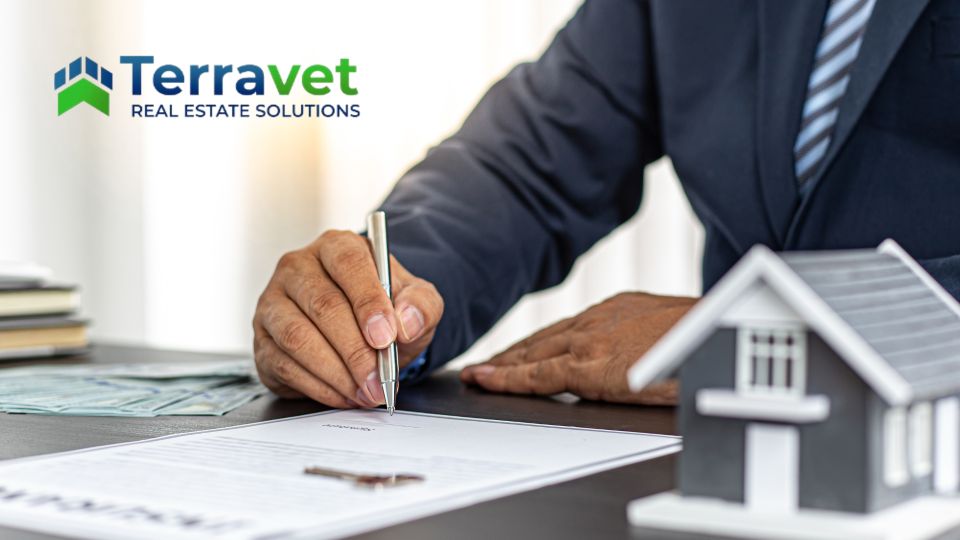Whether it is a small clinic or a large animal hospital, veterinarians who own their real estate face unique challenges when it comes to protecting their property and practice. The business of veterinary medicine involves not only caring for animals but also safeguarding your valuable assets. This blog will explore essential insurance considerations for veterinary real estate owners, focusing on commercial property insurance, real estate risk management, and protection to ensure your business is safeguarded and set up for long term success.
Commercial Property Insurance for Veterinarians
Commercial property insurance is foundational to safeguarding your veterinary practice’s physical assets. It protects not only the physical structure of your building but also the equipment and inventory against various risks such as fire, theft, vandalism, and natural disasters.
Considerations for this type of insurance include:
- Coverage for Veterinary Equipment: Veterinary equipment is a substantial investment, and any damage or loss could significantly impact your ability to provide quality care. Confirm that your insurance policy covers expensive medical equipment, diagnostic tools, and technology used in your practice. This ensures that you can quickly replace or repair any vital equipment, minimizing downtime and maintaining high standards of care.
- Building Protection: Comprehensive coverage for your clinic or hospital building is crucial. Consider replacement cost coverage to account for rising construction costs. Construction costs can increase over time, and you want to ensure your insurance reflects these changes. Replacement cost coverage allows you to rebuild or repair your practice without potentially inflated construction expenses.
- Business Interruption Insurance: This type of insurance can help cover lost income if your practice is temporarily unable to operate due to property damage. This is an often overlooked but invaluable component of commercial property insurance. Whether it’s fire, flood, or another unfortunate event, business interruption insurance helps bridge the income gap, so you can continue to pay your bills and your staff while maintaining your practice’s financial stability during this recovery period.
Real Estate Risk Management for Veterinarians
Effective real estate risk management is vital for veterinary real estate owners. This entails identifying and mitigating potential risks to protect your property investment and practice to help plan for unforeseen circumstances.
Key considerations include:
- Regular Property Inspections: Regular inspections can help identify maintenance issues early and prevent costly repairs. These inspections can help identify maintenance issues early on and serve as a preventative measure against more extensive and expensive repairs down the line. By addressing issues promptly, you can ensure the longevity of your property and reduce the risk of more severe problems arising in the future.
- Tenant Screening: If you lease part of your property to other businesses or individuals, ensure thorough tenant screening. Doing so minimizes the risk of potential damage to your property or the frustration of dealing with tenants who might default on rent payments. A rigorous tenant screening process can help you find trustworthy tenants who will treat your property with respect.
- Security Measures: Implement security systems and protocols to deter theft and vandalism on your property. Whether you decide to install security cameras, employ on-site security personnel, or implement access control measures, proactive security strategies can prevent criminal activity and protect your investment.
Veterinary Property Investment Protection
Your veterinary real estate is more than just a location to conduct business; it’s an essential part of your investment portfolio.
To protect this valuable investment, there are a few critical areas to consider:
- Property Valuation: Regularly assess the value of your property to ensure it is adequately insured. Property values can fluctuate over time due to various factors, including changes in the real estate market or renovations and improvements to your property. Regular valuations help ensure that your property is adequately insured, reflecting its current value accurately.
- Liability Coverage: Liability insurance protects you from lawsuits related to injuries on your property, ensuring your investment isn’t jeopardized by legal claims. Without proper liability coverage, a lawsuit could jeopardize your financial security and potentially threaten your ownership of the property. Liability insurance is a safety net that ensures your investment remains secure even in the face of unexpected legal claims.
- Environmental and Regulatory Compliance: Stay informed about environmental regulations and zoning laws that could affect your property and veterinary practice. Compliance with these regulations protects the environment and the surrounding community while safeguarding your investment from potential legal issues or property devaluation which could occur as a result of regulatory non-compliance. By staying on top of these issues, you ensure that your veterinary real estate remains a sound and secure investment for the long term.
Owning real estate as a veterinarian is a significant investment that requires careful protection. Commercial property insurance, real estate risk management, and veterinary property investment protection are crucial aspects of this protection. By addressing these insurance considerations, veterinary real estate owners can ensure their practice’s longevity and financial security while focusing on what they do best – caring for animals.
Remember, insurance policies can be complex and vary from one provider to another. Working with insurance professionals who understand the unique needs of veterinary practices and real estate owners is essential. Seek expert advice to tailor your insurance coverage to your specific situation. By doing so, you’ll be well-prepared to navigate the challenges of owning veterinary real estate while ensuring the future success of your practice.



